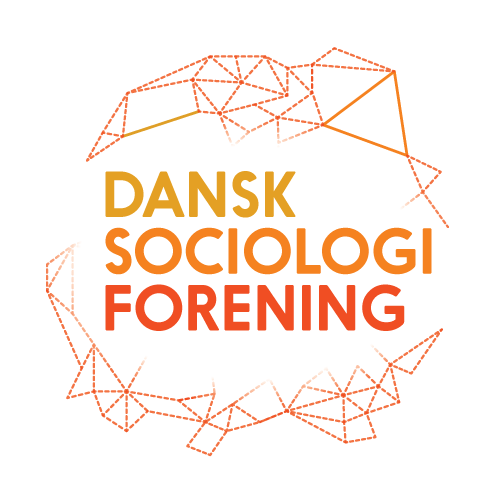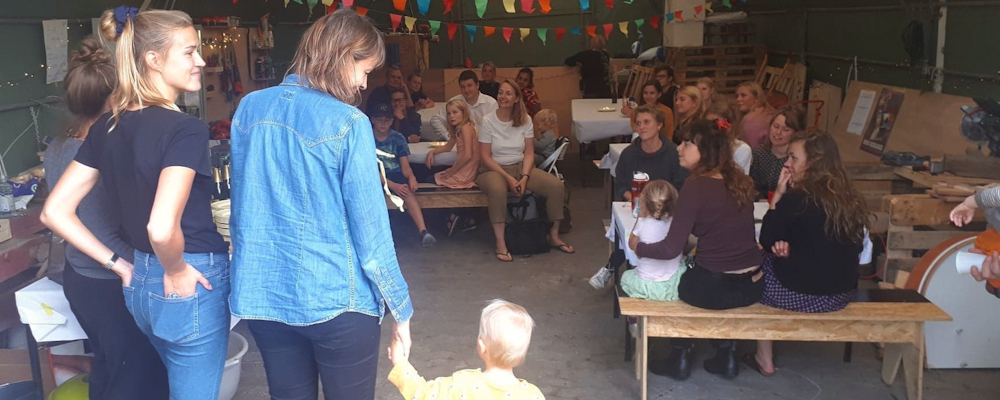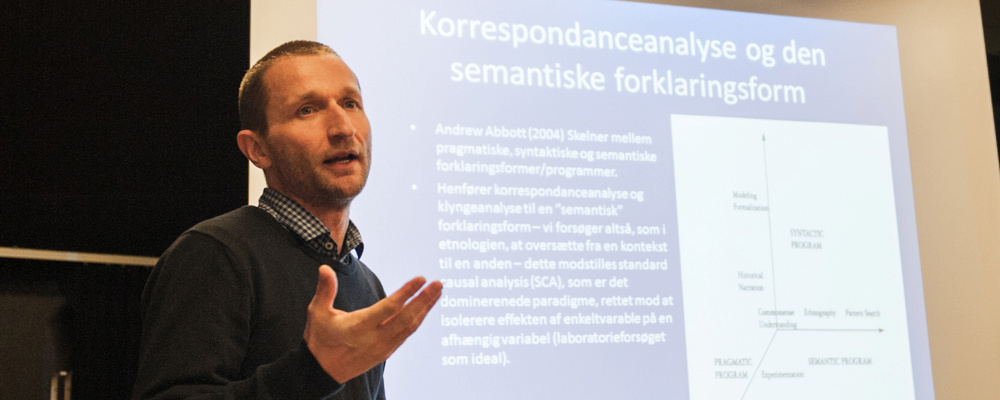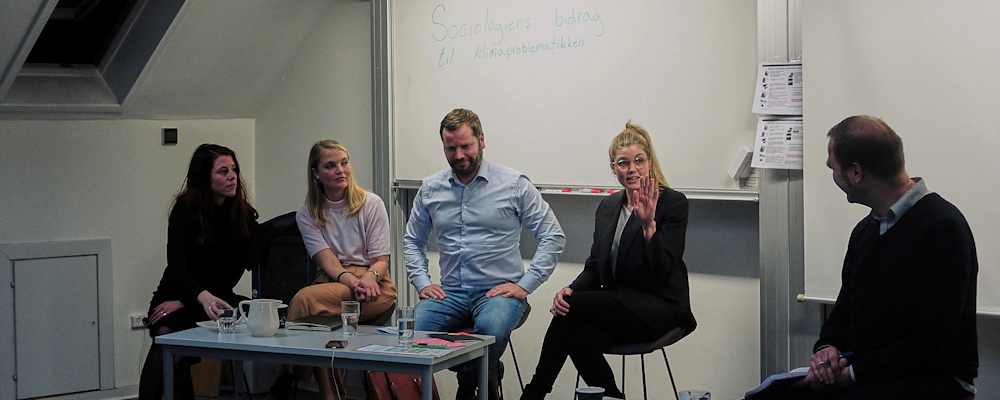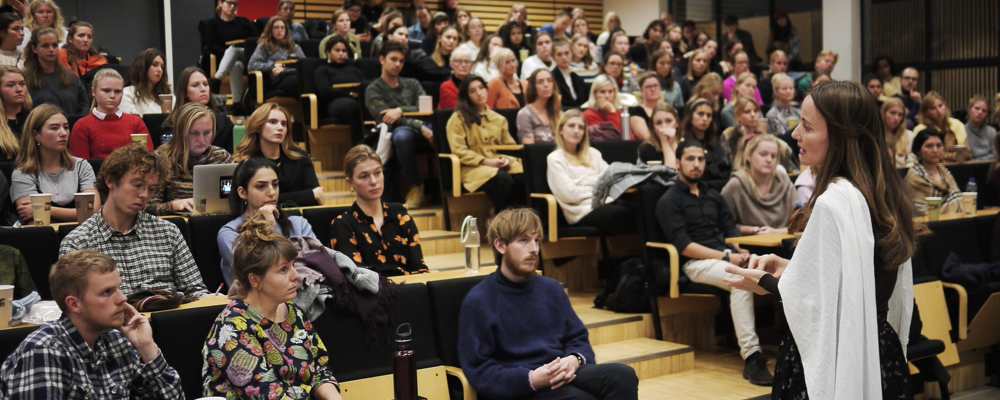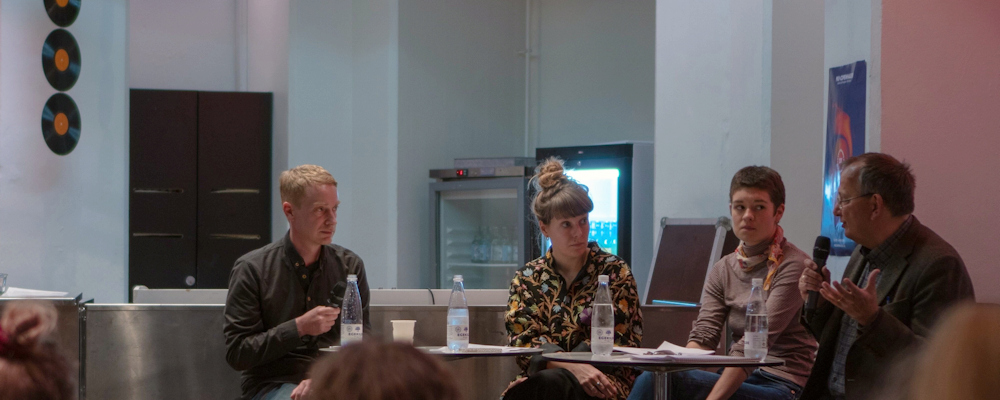Dear all
It is now possible to register for participation in The 19th Nordic Demographic Symposium.
As announced, the symposium takes place in Aalborg, Denmark from the 18th to the 20th September and the theme of the symposium is Regional development with a focus on rural areas.
Please visit the symposium website for more information on the registration process. The webpage is also updated with information on the program and the key note speakers as well as on accommodation.
Further, it is still possible to submit an abstract to the symposium. We hope that a few more people will consider giving a presentation at the symposium. You will find the link to the abstract manager at the bottom of the symposium website.
Web: http://demografi.dk/the-19th-nordic-demographic-symposium.html
We hope you will distribute the information in your network.
Best,
– On behalf of the planning committee and Danish Demographic Society
Lene Tølbøll Blenstrup
